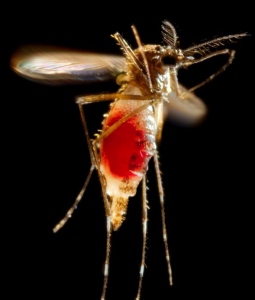By NewsDesk @bactiman63
According to the National Institute of Health (NIH) Islamabad, Pakistan has reported 25,478 total dengue fever cases through October 27 this year.

This represents an increase in some 22,000 cases in a two month period.
The rise in cases has been seen in Lahore and the twin cities, Rawalpindi and Islamabad. This has led to pressure on public and private hospitals.
With the precarious nature of the situation, immediate attention is required to control the spread. The situation can be worsening as there is no suitable treatment available for dengue fever. Clinicians mainly treat dengue fever patients’ symptoms and boost immunity focusing on fluid and electrolyte balance and supplement with vitamin C thus halting the progression of viral infection to its hemorrhagic state. Dengue vaccines are not commercially available in Pakistan,
In some cases, dengue infection is asymptomatic – people do not exhibit symptoms. Those with symptoms get ill between 4 to 7 days after the bite. The infection is characterized by flu-like symptoms which include a sudden high fever coming in separate waves, pain behind the eyes, muscle, joint, and bone pain, severe headache, and a skin rash with red spots. In Pakistan, there is a general observation that people do not consult with doctors unless it gets serious. In the case of dengue, the symptoms are like malaria and people rely on home remedies and do not see a doctor. This mentality contributes to worsening the situation.
Health education is proven to be an essential step in any vector control programme which implies sustaining efficient information and scientific knowledge to society on transmitted diseases and their vectors. The knowledge of the vector life cycle and its ecology and biology should be delivered to help people to live in healthy conditions and destruction of vector breeding sites.
- H5N6 avian influenza case reported in Guangdong Province: Chinese officials
- Monoclonal antibody treatment highly effective at reducing COVID-19 hospitalizations
- Pakistan: Sindh province reports 87K malaria cases in first nine months of 2021
- Vermont reports 1st human West Nile virus case since 2017
- Venezuela: 31 prisoners die from tuberculosis since April, according to NGO research
- Carbapenemase-producing Enterobacterales (CPE) emerging in Latin America
- China reports H5N6 avian influenza case in man from Hunan province
- India Newswire: Kashmir, Punjab, West Bengal and Nagpur

